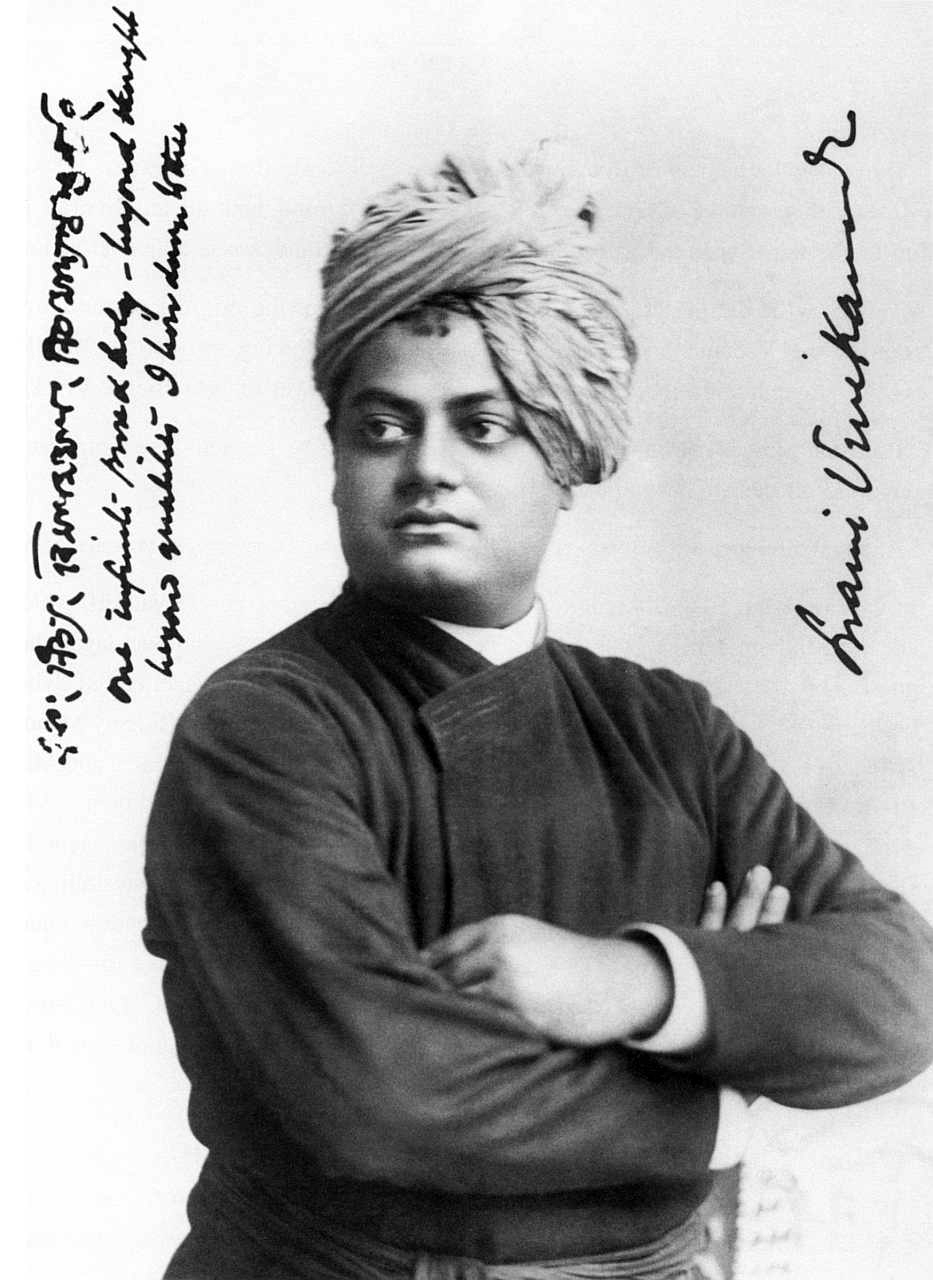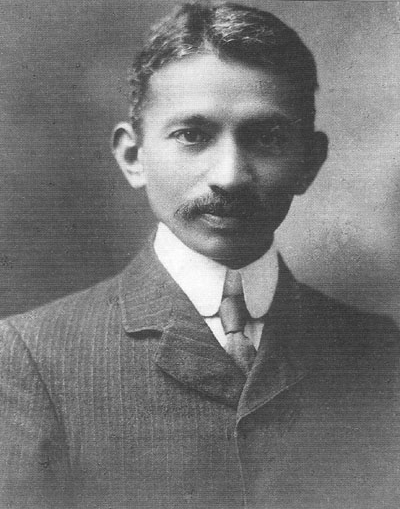Joseph Alter on:
[Wikipedia]
[Google]
[Amazon]
Joseph S. Alter is an American medical anthropologist known for his research into the modern practice of
 Alter's 2004 book ''Yoga in Modern India: The Body between Science and Philosophy'' examines three main themes in the history and practice of yoga in the 20th century: Swami Kuvalayananda's medicalisation of yoga; naturopathic yoga; and the influence of the Hindu nationalist
Alter's 2004 book ''Yoga in Modern India: The Body between Science and Philosophy'' examines three main themes in the history and practice of yoga in the 20th century: Swami Kuvalayananda's medicalisation of yoga; naturopathic yoga; and the influence of the Hindu nationalist
 Alter's ''Gandhi's Body'' connected
Alter's ''Gandhi's Body'' connected
Joseph S. Alter
at Penguin India {{DEFAULTSORT:Alter, Joseph Living people University of California, Berkeley alumni University of Pittsburgh alumni 21st-century American anthropologists Year of birth missing (living people) Yoga scholars The Journal of Asian Studies editors
yoga as exercise
Yoga as exercise is a physical activity consisting mainly of asana, postures, often connected by vinyasa, flowing sequences, sometimes accompanied by pranayama, breathing exercises, and frequently ending with savasana, relaxation lying down or ...
, his 2004 book ''Yoga in Modern India
''Yoga in Modern India'' is a 2004 book by the anthropologist Joseph Alter about the history and practice of yoga in the 20th century. It was one of the first scholarly studies of modern yoga. The book won the 2006 Association for Asian Stud ...
'', and the physical and medical culture of South Asia.
Biography
Joseph S. Alter was born inLandour
Landour, a small cantonment town contiguous with Mussoorie, is about from the city of Dehradun in Dehradun district in the northern state of Uttarakhand in India. The twin towns of Mussoorie and Landour, together, are a well-known British Raj-e ...
, Uttarakhand
Uttarakhand (, ), also known as Uttaranchal ( ; List of renamed places in India, the official name until 2007), is a States and union territories of India, state in North India, northern India. The state is bordered by Himachal Pradesh to the n ...
, in the north of India. He gained his PhD in 1989 from the University of California at Berkeley
The University of California, Berkeley (UC Berkeley, Berkeley, Cal, or California), is a public land-grant research university in Berkeley, California, United States. Founded in 1868 and named after the Anglo-Irish philosopher George Berkele ...
.
He is a professor of anthropology
Anthropology is the scientific study of humanity, concerned with human behavior, human biology, cultures, society, societies, and linguistics, in both the present and past, including archaic humans. Social anthropology studies patterns of behav ...
at the University of Pittsburgh
The University of Pittsburgh (Pitt) is a Commonwealth System of Higher Education, state-related research university in Pittsburgh, Pennsylvania, United States. The university is composed of seventeen undergraduate and graduate schools and colle ...
.
He is known for arguing, in his own words, that "The invention of postural yoga in late nineteenth- and early twentieth century India is directly linked to the reinvention of sport in the context of colonial modernity and also to the increasing use of physical fitness in schools, gymnasiums, clinics, and public institutions." Alter further suggests in his ''Yoga in Modern India'' that "Yoga was modernized, medicalized, and transformed y Yogendra, Kuvalayananda">Yogendra.html" ;"title="y Yogendra">y Yogendra, Kuvalayananda and others] into a system of physical culture." He calls the fusion of yoga's subtle body and its yogic physiology with modern anatomy and physiology a "mistake".
Reception
''Yoga in Modern India''
 Alter's 2004 book ''Yoga in Modern India: The Body between Science and Philosophy'' examines three main themes in the history and practice of yoga in the 20th century: Swami Kuvalayananda's medicalisation of yoga; naturopathic yoga; and the influence of the Hindu nationalist
Alter's 2004 book ''Yoga in Modern India: The Body between Science and Philosophy'' examines three main themes in the history and practice of yoga in the 20th century: Swami Kuvalayananda's medicalisation of yoga; naturopathic yoga; and the influence of the Hindu nationalist Rashtriya Swayamsevak Sangh
The Rashtriya Swayamsevak Sangh (RSS,, ) is an Indian right-wing politics, right-wing, Hindutva, Hindu nationalist volunteer paramilitary organisation. It is the progenitor and leader of a large body of organisations called the Sangh Parivar ( ...
on the development of yoga as exercise.
Stuart Ray Sarbacker, reviewing the book in ''History of Religions'', found the book illuminating on the historical background of yoga, complete with "acerbic asides, including several humorous references to '' Yoga Journal'' and its sociological and ideological placement in American consumer society." In his view, the examples were well-researched and brought to life with suitable photographs.
Cecilia Van Hollen, for ''The Journal of Asian Studies'', writes that the book aims to correct the popular tendency to imagine an Indian, spiritual yoga opposed to a corrupt, materialistic American yoga, by examining what Indian texts from the 20th century say about yoga, and constructing a social history of the subject. In her view, what emerges is yoga "as a transnational system of knowledge and practice that emerged in the interstices of colonialism
Colonialism is the control of another territory, natural resources and people by a foreign group. Colonizers control the political and tribal power of the colonised territory. While frequently an Imperialism, imperialist project, colonialism c ...
, anticolonial nationalism, and postcolonial Hindu nationalism."
The yoga scholar Mark Singleton calls the book one of the main (early) studies of the development of modern yoga, but not explaining either why asanas were absent at the start of the 20th century, or how they became rehabilitated. Singleton however endorses Alter's methodology, namely to examine modern yoga's truth claims critically while studying the context and reasons for those claims. The scholar Andrea R. Jain broadly agrees, noting that posture "only became prominent in modern yoga in the early twentieth century as a result of the dialogical exchanges between Indian reformers and nationalists and Americans and Europeans interested in health and fitness".
The book won the 2006 Association for Asian Studies' Coomaraswamy Book Prize.
''Gandhi's Body: Sex, Diet and the Politics of Nationalism''
 Alter's ''Gandhi's Body'' connected
Alter's ''Gandhi's Body'' connected Gandhi
Mohandas Karamchand Gandhi (2October 186930January 1948) was an Indian lawyer, anti-colonial nationalist, and political ethicist who employed nonviolent resistance to lead the successful campaign for India's independence from British ...
's practices of fasting, diet, and exercises with biopolitics
Biopolitics is a concept popularized by the French philosopher Michel Foucault in the mid-20th century. At its core, biopolitics explores how governmental power operates through the management and regulation of a population's bodies and lives.
...
and biopower
Biopower (or ''biopouvoir'' in French), coined by French social theorist Michel Foucault, refers to various means by which modern nation states control of populations, control their populations. In Foucault's work, it has been used to refer ...
. Alter explains Gandhi's lifelong obsession with food and sex as a way to reach his religious idea of Truth
Truth or verity is the Property (philosophy), property of being in accord with fact or reality.Merriam-Webster's Online Dictionarytruth, 2005 In everyday language, it is typically ascribed to things that aim to represent reality or otherwise cor ...
. The American Historical Review
''The American Historical Review'' is a quarterly academic history journal published by Oxford University Press on behalf of the American Historical Association, for which it is an official publication. It targets readers interested in all period ...
said that Alter's book helps researchers study Gandhi's biopolitics without falling into the trap of seeing "faddish" tendencies in him. It said that Alter offers original interpretations of Gandhi's practices, including his sexual experiments.
See also
* '' Positioning Yoga: balancing acts across cultures'', a 2005 book of yoga anthropology by Sarah Strauss * '' Yoga Body'', a 2010 book about the origins of modern postural yoga by Mark Singleton * '' The Yoga Tradition of the Mysore Palace'', a 1996 book about the role of Mysore in creating modern postural yoga by Norman SjomanNotes
References
Works
* * * * * * * .External links
Joseph S. Alter
at Penguin India {{DEFAULTSORT:Alter, Joseph Living people University of California, Berkeley alumni University of Pittsburgh alumni 21st-century American anthropologists Year of birth missing (living people) Yoga scholars The Journal of Asian Studies editors